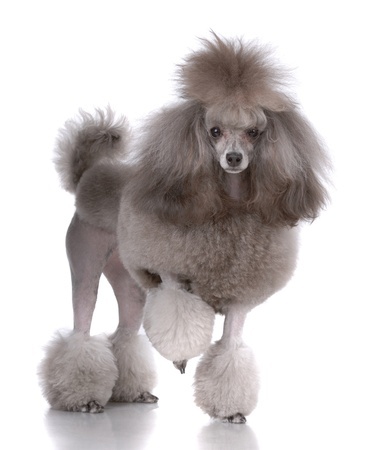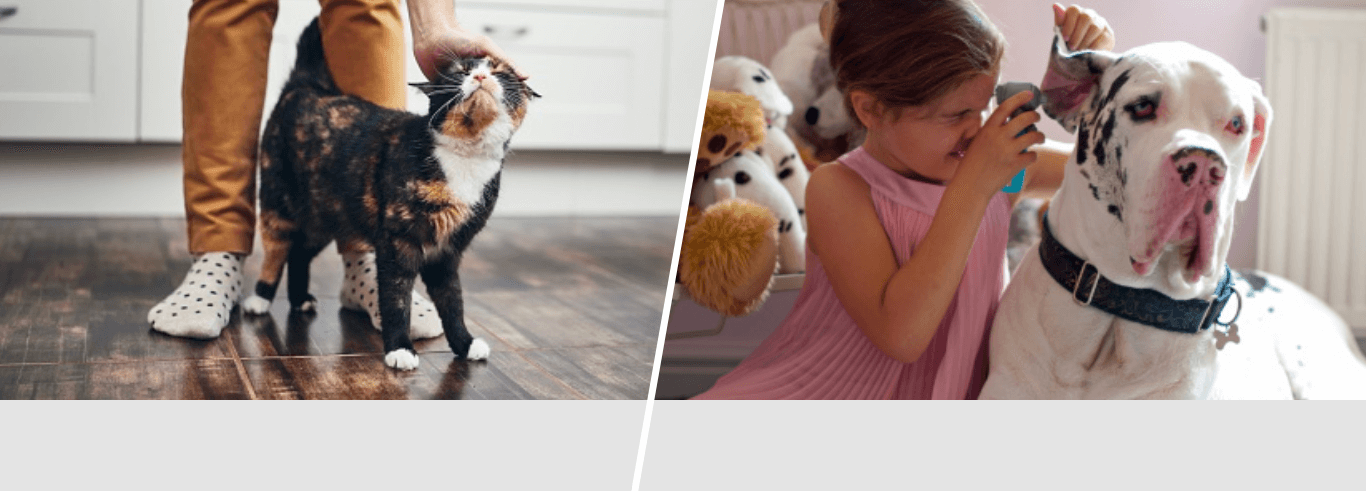A guide to different dog breeds
Whether you’re looking to rehome a cross breed rescue dog or buy a Kennel Club pedigree, when it comes to dogs there is an endless choice to be had.
It’s always tempting to buy a puppy based on its cute and cuddly look and feel. However, for a happy long lasting relationship it is important to remember that puppies do grow up and become full size additions to your family.
Dogs have been an integral part of our society for centuries, playing their part in both our homes and our work. Bred over the years to help us hunt, herd, protect and to keep us company – many of these qualities are still inherent in our canine best friends today.
Temperament
With different breeds of dogs come different temperaments, grooming requirements and energy levels. It’s important to think carefully about the care and attention that you can give a dog before choosing one. If working dogs, such as the Boxer, Siberian Husky or Doberman are not given plenty of exercise they tend to get bored and may begin to chew on household items and become destructive.
High maintenance
To find the perfect dog there are many different things to look out for. Apart from the actual breed itself, you can tell a lot about a dog by its: size, gender and coat. Male dogs generally grow to be larger than their female counterparts while dogs with shorter, smoother coats don’t require grooming and brushing as frequently as long-haired ones. If you have a busy lifestyle it’s worth noting how often a dog will need to be clipped or bathed – a poodle for instance will need a vist to the groomers approximately every 7 weeks.
Purebred vs Cross Breed
Just like humans, each dog will have its own individual personality no matter what breed it is. However, with a purebred dog it’s easier to predict aspects of its personality than it might be with a cross breed.
Statistically purebred dogs are more likely to suffer from genetic illnesses, diseases and physical problems. Therefore it is vital that you do your research in order to ensure that you know what these problems might be.
Size matters
While not entirely indicative, the size of a dog can give you a good idea of what’s in store. Giant breeds of dog, such as Irish Wolfhounds and Landseers, are usually calm and good-natured. They will also take up a lot more room in both your home and your car than a smaller breed.
If you have a young family, large dog breeds can often be too excitable and energetic. However, smaller dogs that have been bred for hunting rodents and other small creatures, such as the Yorkshire Terrier have a tendency to nip at ankles and fingers.
Toy dogs are great if you’re on your own and looking for companionship. However, you should be aware that if your social life changes the dog will still expect the same level of attention as always.
There is lots of information out there, so it’s vital to do plenty of research before deciding which type of dog to bring into your home.
If you’re still deciding on the breed of dog you’d like, make sure you remember that once you’ve chosen it’s important to protect your dog with Argos Pet Insurance provided by Pinnacle Insurance Ltd. Explore our dog insurance policies today.
 Sorry, our lines are now closed
Sorry, our lines are now closed




